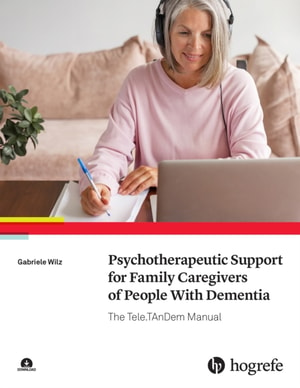This new edition has been completely rewritten and includes chapters that address key topics in diversity and aging: research methods, psychological aging; health beliefs, behaviors, and services; health disparities; informal and formal care for older persons; work and retirement; religious affiliation and spirituality; and death, dying, and bereavement.







